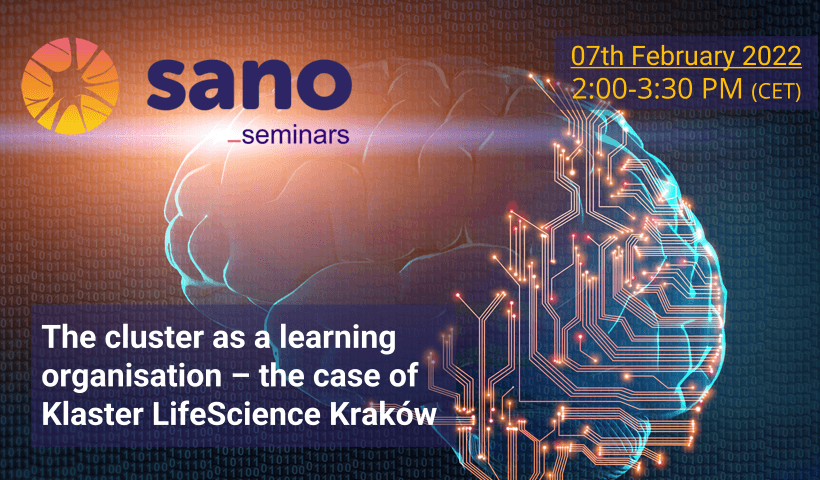Peter Senge [1] described learning organizations as places “where people continually expand their capacity to create the results they truly desire, where new and expansive patterns of thinking are nurtured, where collective aspiration is set free, and where people are continually learning how to learn together.”
Building “learning organizations” involves practising disciplines that increase the capabilities of individuals, teams or the entire organization to perform as a whole. This is the definition of the cluster initiative.
From the other perspective, clusters are natural, socio-economic phenomena that tend to grow (or decline) within larger innovation ecosystems, driven by a variety of forces that are both internal and external. Many world-known clusters developed naturally, but more than often, there was some kind of impulse and stimulation that initiated and fostered such growth.
In this seminar, we will attempt to answer some questions about clusters and cluster initiatives. We will take this opportunity to use the case study of the LifeScience Kraków. To that end, we will present not only the facts about structure and activities but also will try to put these variables in the systems dynamics models to trigger and lead the discussion about the growth strategy. To make it more interesting, we will use more than one perspective on clusters as complex adaptive systems or clusters as learning organisations.
[1] Peter M. Senge, The Fifth Discipline (New York: Doubleday, 1990), p. 1





